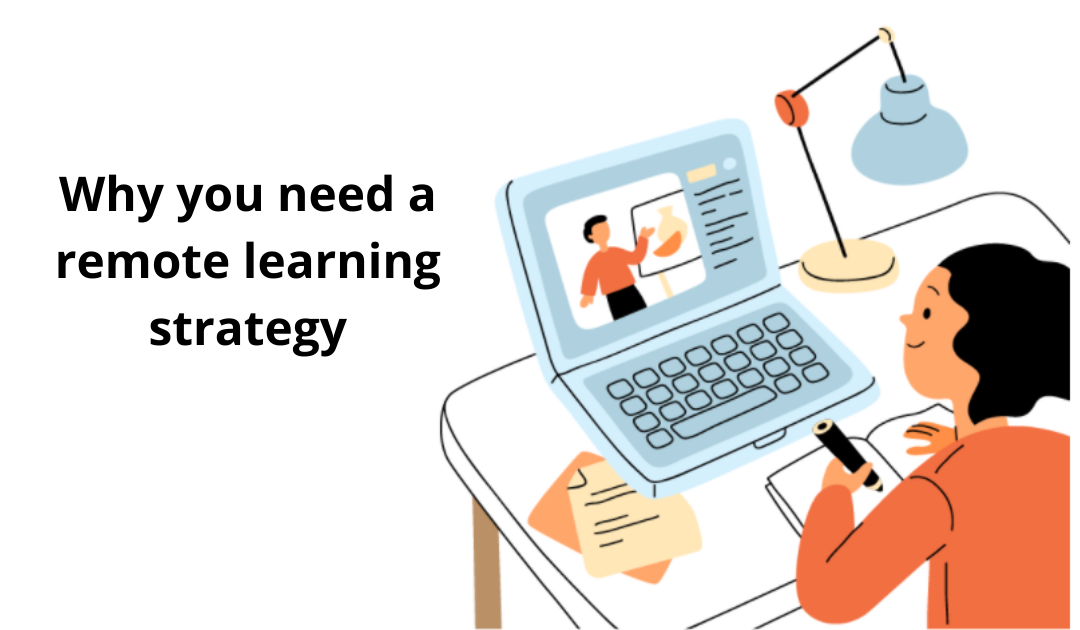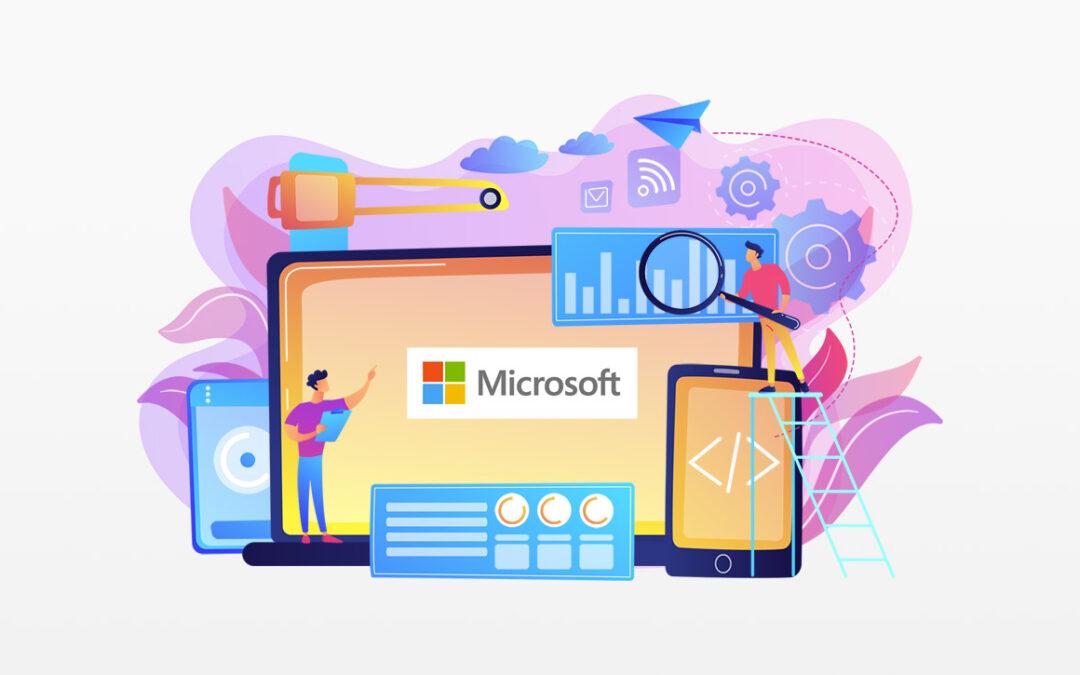“Technological intensity” refers to a company’s ability to innovate its own digital technologies at the speed of change. Since 2018, Microsoft has been popularising the term as the next stage of digital transformation. And Microsoft role-based training is a key pillar in Microsoft’s promotion of this innovative business strategy.
Microsoft’s Deb Cupp summarised what technological intensity means as follows:
“Up until now, organizations have looked to technology companies like Microsoft to provide digital tools for improving efficiency, increasing productivity and driving innovation. Now, the organizations achieving the greatest success are applying these tools and technologies to invent their own digital solutions to solve complex business and societal issues.”
Why technological intensity matters now
Microsoft’s State of Tech Intensity 2019 Study 1 revealed that this trend is already gaining momentum. There was a near-concensus among the business leaders questioned that technological intensity is a key driver for their success.
So why is this the future? Because every business has its own goals in terms of better understanding customers, empowering employees, and optimising operations. And why the focus on in-house development? Because it’s fast and cost-effective to harness the people who already know your business — if they have the technical skills. And that’s where role-based training enters the picture.
How Microsoft role-based training aids tech intensity
However, it isn’t enough these days to have expertise in one product. Software is changing so rapidly that technicians need a broader understanding to keep pace with the market. That’s why Microsoft adopted the model of role-based training back in 2018.
In the past, Microsoft designed each course around a particular piece of software. Now the courses are designed to give IT roles the skills they need to meet their objectives. For example, a role-based Microsoft developer course will cover all the techniques that your developers need to maximise their productivity. In this way, role-based training drives business goals, not just product knowledge.
Effectively, Microsoft has reverse-engineered its training to fit what businesses need. Each course builds up the in-demand skills that IT professionals will use on the job.
And it’s clear that this kind of role-based training helps develop technological intensity. A Deloitte study 2 shows that a strong learning culture makes organisations 56 percent more likely to be first to market with a product or solution.
Building a tech strategy through training
In fact, the average life of a skill today is less than five years 3. This makes continuous workforce training more critical now than ever.
The key takeaway for business leaders here is: keep investing in the talent you already have. Almost half of IT decision makers say they plan to close their organisation’s skills gap by training their existing people 2. With an up-to-date in-house team, you’ll be equipped to reinvent business processes and bring new products to market quickly.
How to benefit from role-based training
If you want to get your workforce up to speed quickly, instructor-led training is the way to go. As a leading Microsoft training provider, we’re here to help your business achieve technological intensity.
Here are a few reasons some of the world’s best-known organisations choose Influential Training:
- all our instructors are Microsoft Certified Trainers
- we’re a Microsoft Authorised Learning Provider
- we’re also Microsoft Gold Partner consultants
- our courses cover Azure, MS365, O365, Power Platform, and more
- we offer cost-effective Microsoft training packages
- you can study with us in London or in our virtual classroom
- we’ve trained over 20,000 students worldwide
- 96 percent of our students are satisfied with our courses
Train your teams with the best
Technology is only as valuable as the people trained to use it. That’s why we want to upskill your organisation — so you can harness technology for positive change.
Related posts

Top 5 Microsoft Azure certification benefits
In recent years, we’ve seen the usage of cloud computing sky-rocket. We’ve seen an increased demand for skilled cloud professionals and Azure’s growing market share shows it’s a valuable business asset. And naturally, this has also boosted the Microsoft Azure...

Why you need a remote learning strategy
Even before COVID, the world of work was evolving. Now 50 percent of the workforce is at home, it's safe to say that your company has been flipped on its head this past year. But that shouldn't mean that your learning and development should suffer. Have you considered...

How to pass Microsoft certification exams: use these 8 tips from the experts
Unsure how to pass Microsoft certification exams? Never fear! By the end of this article, you'll be armed with proven Microsoft exam preparation techniques from our Microsoft Certified Trainers. First though, let's be honest: Microsoft exams aren't easy. Otherwise...

What’s the most in-demand Azure certification in 2021?
With Azure rapidly increasing its market share of cloud computing, there's a growing jobs market for Azure technicians. So how can you sharpen your CV to grab one of these lucrative roles? The answer is by aligning yourself to the Azure skills in demand. And Azure...

